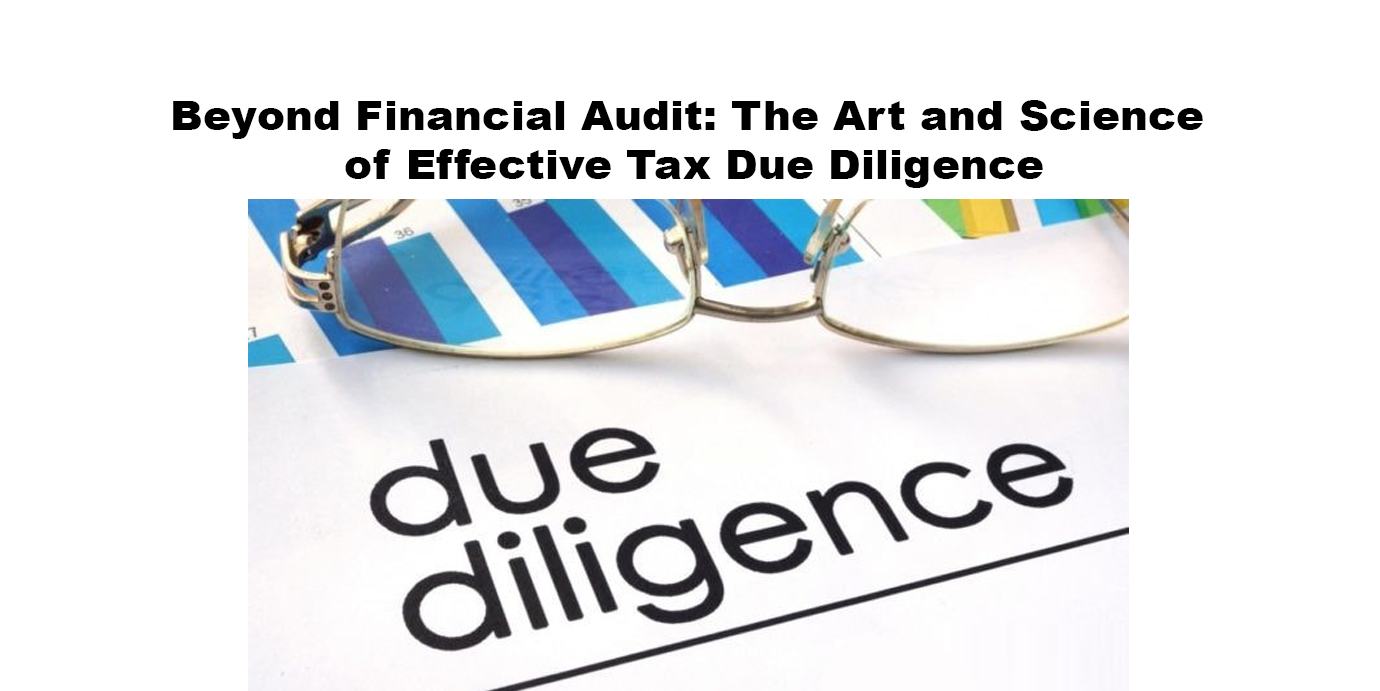Tax Due Diligence plays a pivotal role in ensuring that organizations make informed decisions in the dynamic world of business transactions. It goes beyond a mere financial audit, delving into the intricacies of a company’s tax position. Let’s explore how to conduct effective Tax Due Diligence and the crucial areas to cover in this process.
1. Understanding Tax Due Diligence: A Roadmap for Success
Tax Due Diligence is a systematic examination of a company’s tax position, providing valuable insights into potential risks and opportunities. To carry out this process effectively, the following steps should be considered:
a. Scope Definition:
Clearly define the scope of the due diligence, considering the type and scale of the transaction. This will help in identifying the relevant tax areas that require scrutiny.
b. Information Gathering:
Collect comprehensive data, including financial statements, tax returns, and any correspondence with tax authorities. This forms the foundation for a thorough analysis.
c. Risk Assessment:
Evaluate the tax risks associated with the target company. This includes potential exposure to audit-related issues, unclaimed tax benefits, and compliance concerns.
2. Key Areas of Focus in Tax Due Diligence:
a. Corporate Tax:
Examine the target company’s compliance with corporate tax regulations. Assess the accuracy of tax calculations, deductions, and credits claimed.
b. TDS (Withholding Tax):
Evaluate the withholding tax obligations and ensure compliance with applicable laws. Identify any potential liabilities related to non-compliance.
c. Transfer Pricing:
Assess the company’s transfer pricing policies to ensure they align with arm’s length principles. Verify that intercompany transactions are appropriately documented.
d. Indirect Taxes:
Examine the compliance with GST, or other indirect tax regulations. Identify any outstanding liabilities or risks associated with these taxes.
e. Employee Taxes:
Review the payroll and employee-related taxes, ensuring compliance with labour tax laws. Verify the accurate reporting and withholding of employee taxes.
3. Transactions Where Tax Due Diligence is Essential:
a. Mergers and Acquisitions (M&A):
Before acquiring or merging with a company, thorough Tax Due Diligence is essential to identify potential tax liabilities and risks.
b. Joint Ventures:
In joint ventures, understanding the tax implications of the partnership is crucial for effective risk management and decision-making.
c. Financing Transactions:
Before engaging in financing activities, assess the tax implications to optimize the structure and minimize potential risks.
4. Reporting to the Client: What Matters Most?
A comprehensive Tax Due Diligence report to the client should include:
a. Executive Summary:
A concise overview of the findings, highlighting key risks and opportunities.
b. Detailed Analysis:
Provide a thorough examination of each tax area, with a focus on identified issues, potential consequences, and recommended actions.
c. Risk Mitigation Strategies:
Offer strategies to mitigate identified risks and enhance the tax position of the target company.
d. Financial Impact Analysis:
Quantify the potential financial impact of identified tax issues, helping the client make informed decisions.
Conclusion:
In the complex landscape of business transactions, Tax Due Diligence is not just a legal requirement but a strategic necessity. By understanding and addressing potential tax risks, companies can navigate these transactions with confidence, ensuring long-term success.
In the ever-evolving tax environment, staying informed and proactive is key. Embrace Tax Due Diligence as a valuable tool in your arsenal, guiding you towards informed decisions and sustainable growth.





